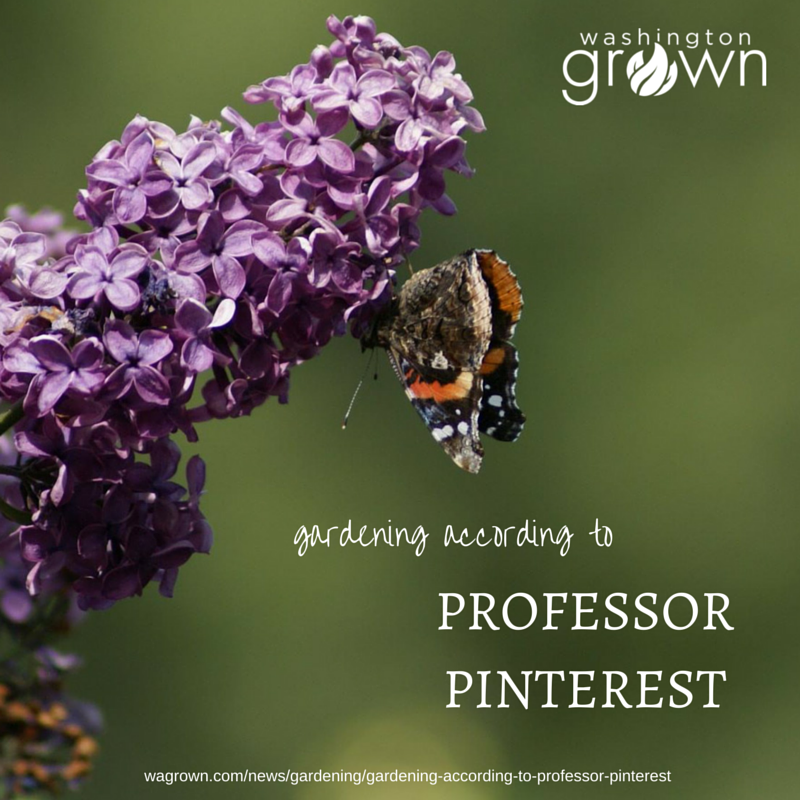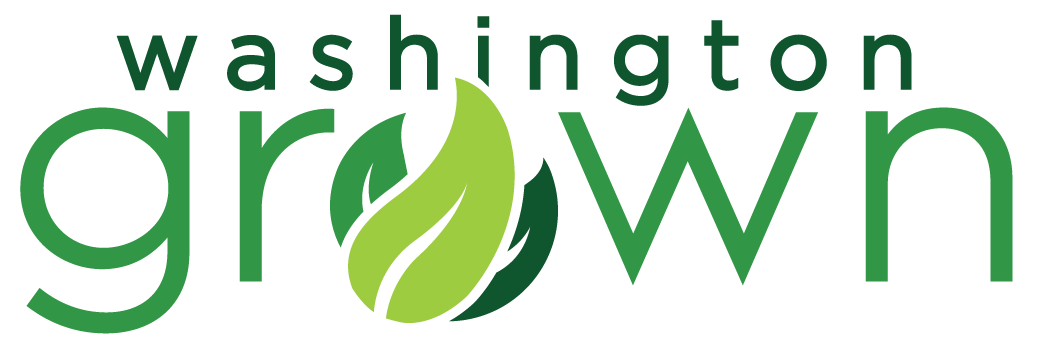Gardening According to Professor Pinterest

I don’t know who first introduced me to Pinterest (I suspect my youngest sister is to blame…) but since I’ve started using this app, I have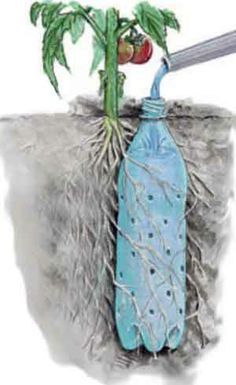 loved what it offers: great ideas for new plants, awesome garden designs to inspire the Butchart-style garden I swear I’ll have one day, greenhouse and raised bed garden designs and ideas…and that’s just with the gardening pins; don’t get me started on the recipes!
loved what it offers: great ideas for new plants, awesome garden designs to inspire the Butchart-style garden I swear I’ll have one day, greenhouse and raised bed garden designs and ideas…and that’s just with the gardening pins; don’t get me started on the recipes!
However, as much as I love the design and plant ideas, one thing drives me absolutely bonkers - the proliferation of “tips” for making your garden grow or dealing with those pesky garden problems.
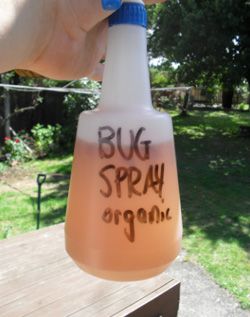 You know what I’m talking about. Posts that claim that if you just mix x, y, and z from your kitchen cabinet, you can “safely” deal with those weeds without using any pesticides or herbicides. Or plant your seedlings in eggshells. Or propagate roses by sticking stems in potatoes. And my personal favorite: get sweeter tomatoes by “fertilizing” with sugar.
You know what I’m talking about. Posts that claim that if you just mix x, y, and z from your kitchen cabinet, you can “safely” deal with those weeds without using any pesticides or herbicides. Or plant your seedlings in eggshells. Or propagate roses by sticking stems in potatoes. And my personal favorite: get sweeter tomatoes by “fertilizing” with sugar.
Really?
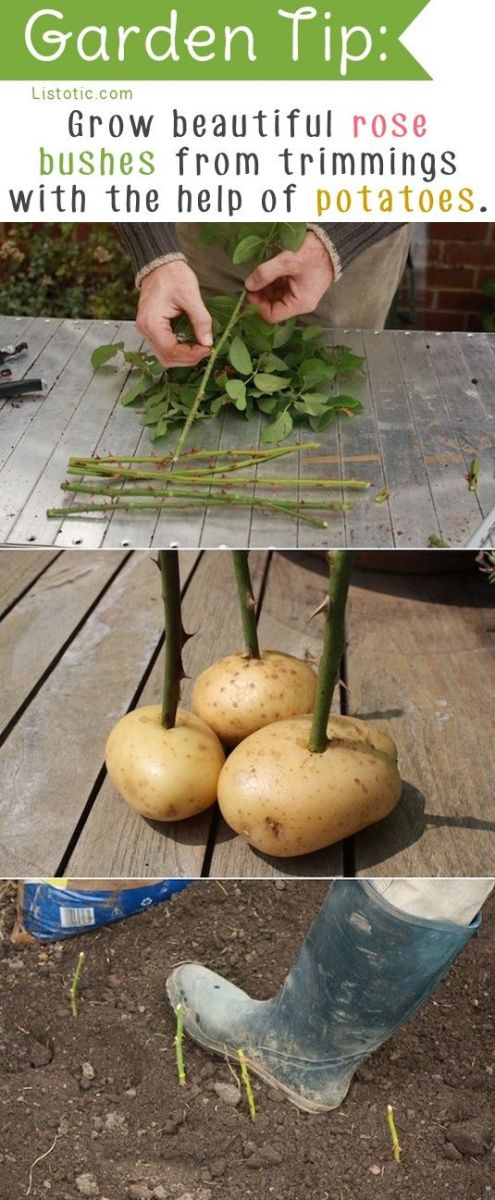 As a WSU Master Gardener, one of the things I learned in my training is how to discern a credible/reliable source of gardening advice from those that don’t quite cut the mustard. When writing a college paper on gardening, what would your instructor think if you quoted Professor Pinterest?
As a WSU Master Gardener, one of the things I learned in my training is how to discern a credible/reliable source of gardening advice from those that don’t quite cut the mustard. When writing a college paper on gardening, what would your instructor think if you quoted Professor Pinterest?
Imagine what it would be like if farmers used Pinterest to guide their decisions for when they would plant and how they would manage insects and weeds. Farmers from Washington to Florida would plant their peas on President’s Day, stock in Irish Spring soap would sky rocket as farmers chipped the bars up to put around their fields to keep pests as bay, and the farmer’s kitchen might look more like a chemistry lab as they concoct their own (natural!) pesticides.
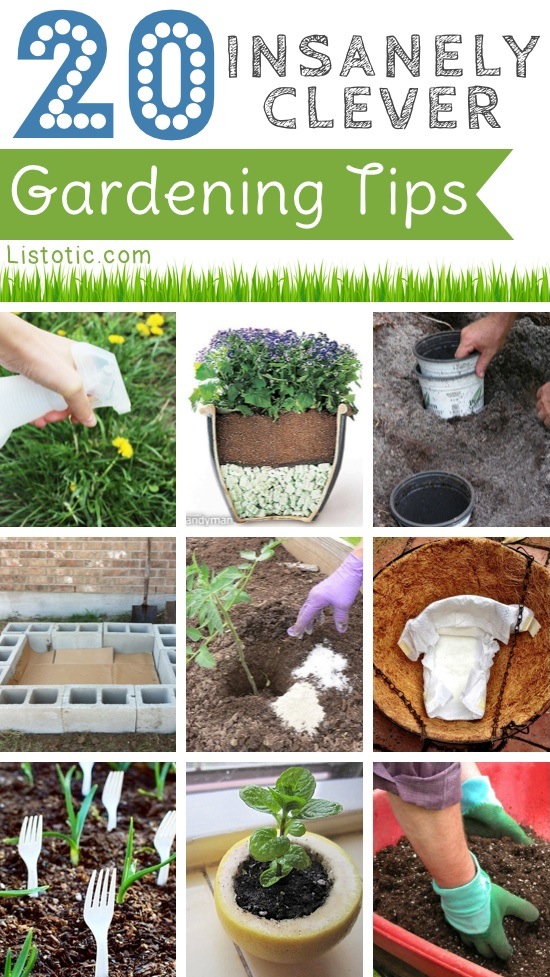 I know I wouldn’t want a farmer to trust an unreliable source found on the internet to make important decisions about growing my food, especially when it comes to pesticide use. In reality, farmers who use pesticides (both organic and conventional) must take extensive and ongoing training on what to use (only pesticides approved as safe for use by the EPA and the Washington State Department of Agriculture) and how to use it to ensure that our food supply is safe. Our farmers make crop management decisions with science-based information from our universities. They are continually learning how to grow the safest and healthiest foods that eventually land on our dinner tables.
I know I wouldn’t want a farmer to trust an unreliable source found on the internet to make important decisions about growing my food, especially when it comes to pesticide use. In reality, farmers who use pesticides (both organic and conventional) must take extensive and ongoing training on what to use (only pesticides approved as safe for use by the EPA and the Washington State Department of Agriculture) and how to use it to ensure that our food supply is safe. Our farmers make crop management decisions with science-based information from our universities. They are continually learning how to grow the safest and healthiest foods that eventually land on our dinner tables.
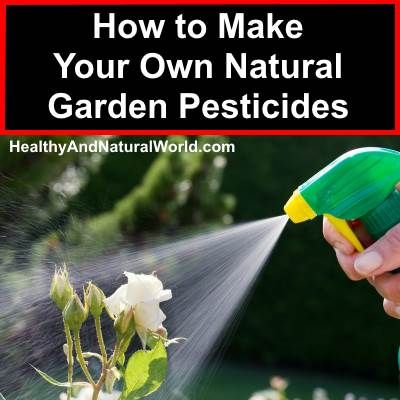 Why then do we non-farmers trust Pinterest and other less than credible sources when it comes to our own gardens? There are three possible outcomes from following advice you find on the internet: it might work (unlikely,) it might do nothing, or it might damage your plants, soil, pets, children, and/or the environment. How will you know which it will be? Are you willing to roll the dice?
Why then do we non-farmers trust Pinterest and other less than credible sources when it comes to our own gardens? There are three possible outcomes from following advice you find on the internet: it might work (unlikely,) it might do nothing, or it might damage your plants, soil, pets, children, and/or the environment. How will you know which it will be? Are you willing to roll the dice?
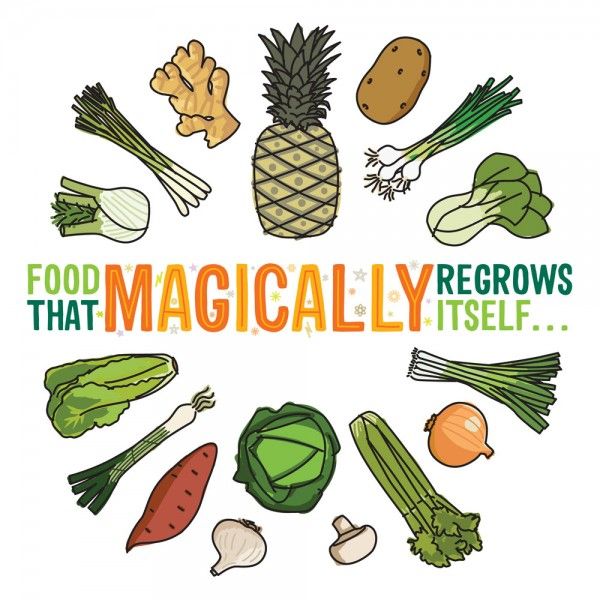 Luckily, there are dependable resources for you as home gardeners, and they are very similar to the resources that farmers use to make the best decisions for growing their crops. University extension services have loads of researched gardening information you can count on.
Luckily, there are dependable resources for you as home gardeners, and they are very similar to the resources that farmers use to make the best decisions for growing their crops. University extension services have loads of researched gardening information you can count on.
A good place to start looking for answers is Washington State University Extension’s new gardening website, http://gardening.wsu.edu/. Also check with your local WSU Master Gardener program. Many have clinics and classes where you can learn about gardening, have plant problems diagnosed, and get information you can rely on to address your gardening issues. Then go back to Professor Pinterest for that awesome garden layout or new plant idea! The environment will thank you for it.
Garden on!
PS...periodically I'll be talking about some of the specific advice you find on Pinterest or other online sources to let you know whether it is true or not. Keep an eye out for our "Pinterest Fact or Fiction" blog posts!
